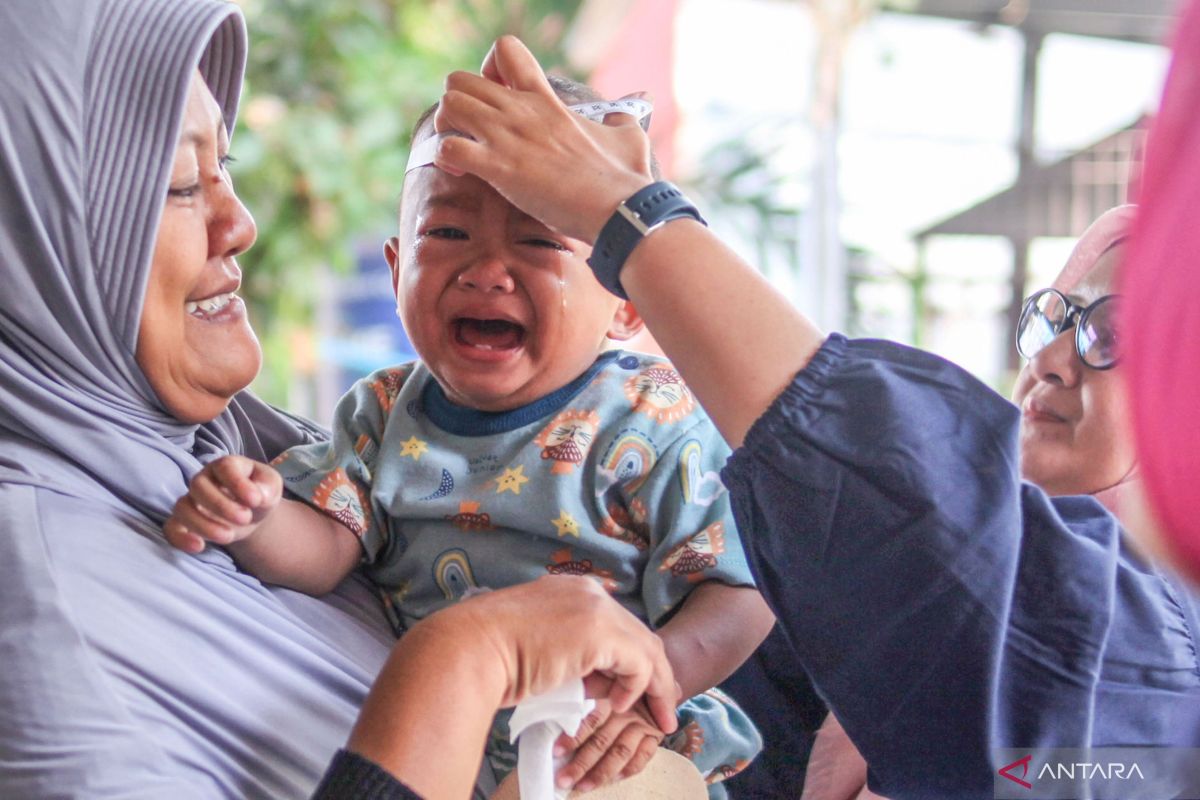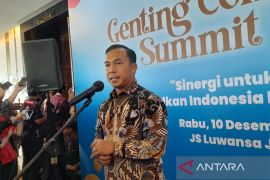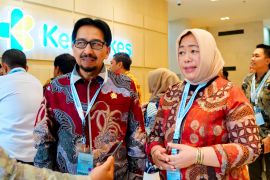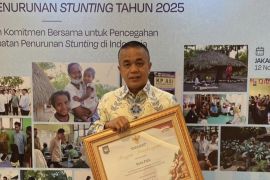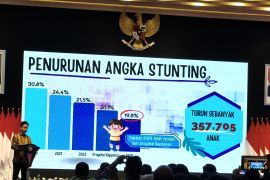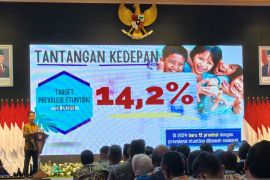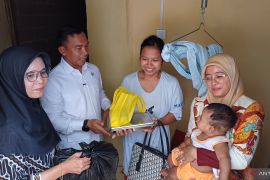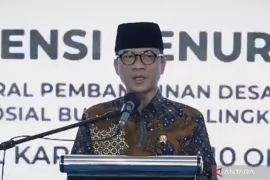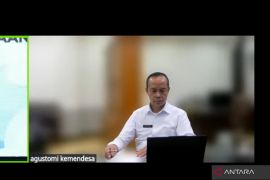Despite the potential demographic bonus between 2020 and 2036, the country continues to struggle with various issues, including stunting, which requires urgent attention.
Stunting is a form of malnutrition in children under the age of five, which leads to impaired growth and development. Children affected by stunting are at risk of cognitive developmental issues in school and later education, as well as health complications such as type II diabetes and heart disease.
According to the 2023 Indonesian Health Survey, the stunting rate has decreased from 27.67 percent in 2019 to 21.5 percent in 2023. However, this figure remains alarmingly high.
If left unchecked, stunting could hamper national development by burdening the health of Indonesians in their productive years. The demographic bonus will be wasted without sustained action to address this issue.
The government has made dietary improvements and better parenting practices a priority in combating stunting. Balanced nutrition from an early age, in both variety and content, is essential.
As Notohamijoyo (2023) stated, the first 1,000 days of life, starting from conception, are critical for meeting a child's nutritional needs.
Indonesia, the world’s largest archipelago, has immense potential in marine resources, with fish stocks reaching 12.01 million tons in 2022, according to the Ministry of Marine Affairs and Fisheries.
This is an extraordinary opportunity that should be maximized. Japan’s post-World War II recovery demonstrates the positive impact of seafood consumption on stunting reduction.
Sadly, fish consumption in Indonesia remains relatively low. Urbanization and globalization have shifted dietary habits, with fast food consumption rising, often failing to meet nutritional requirements.
Fish, as a major food source, is crucial for Indonesia’s population, as mandated by Law No. 18 of 2012 on food. Presidential Regulation No. 83 of 2017, concerning strategic food and nutrition policy, highlights the importance of nutritious foods, including fish.
Yet, the follow-up regulation, Presidential Regulation No. 72 of 2021 on accelerating stunting reduction, has not sufficiently focused on boosting fish consumption.
Reinforcing fish consumption is essential to the government’s strategy for improving nutrition and addressing stunting. Indonesia’s rich variety of marine fish, including demersal and pelagic species, offers plenty of options to suit different tastes and preferences.
Promoting fish as a primary food source is key to enhancing the quality of life for Indonesians and tackling the stunting crisis. Data from the Ministry of Marine Affairs and Fisheries in 2020 shows that fish consumption rates in 15 provinces, including Jakarta, were below average. This needs to be a central concern in stunting prevention efforts.
Raising public awareness about seafood consumption is necessary. A limited budget should not hinder the dissemination of the fish consumption movement.
Research by Maulana (2018) highlights the complexities behind seafood consumption in Indonesia, from behavioral patterns and fish distribution to cultural literacy and access to fishery resources.
A more coordinated and widespread effort is needed to promote seafood consumption, with collaboration across sectors and improved communication channels to reach the public effectively.
New media is crucial for driving the fish consumption campaign, especially in educating the public about the importance of seafood. Digital platforms offer a faster and more efficient way to spread awareness.
Increasing fish consumption can no longer rely solely on traditional methods. Information technology has transformed media into interactive, accessible forms on various devices, aligning with global changes in media consumption behavior.
New media can be a powerful tool for providing creative and innovative access to information for the public. It is easier to understand and adopt, making it effective in strengthening public awareness about the importance of good nutrition from an early age through the continuous consumption of seafood.
Research by Ismail and Khalid (2015) revealed that new media can influence public awareness of fish consumption, promote fishermen in fish markets, affect purchasing behavior, and reduce the dominance of middlemen.
Similarly, Lahath (2021) found that food marketing on social media influences adolescent eating behavior and contributes to increased consumption of energy-dense, nutrient-poor foods.
More recent research by Notohamijoyo et al. (2024) indicates that new media is especially effective in fostering a seafood consumption culture among Indonesians.
With continued efforts, Indonesia can hopefully eradicate stunting before the country celebrates its 100th anniversary of independence.
*Andre Notohamijoyo is a development observer and member of Indonesia Environmental Scientists Association (IESA).
The views and opinions expressed on this page are those of the author and do not necessarily reflect the official policy or position of ANTARA News Agency.
Related news: Provinces with stunting rates over 30 pct require attention: Official
Related news: Stunting down 9.63% in 5 years: Minister Effendy
Copyright © ANTARA 2024
